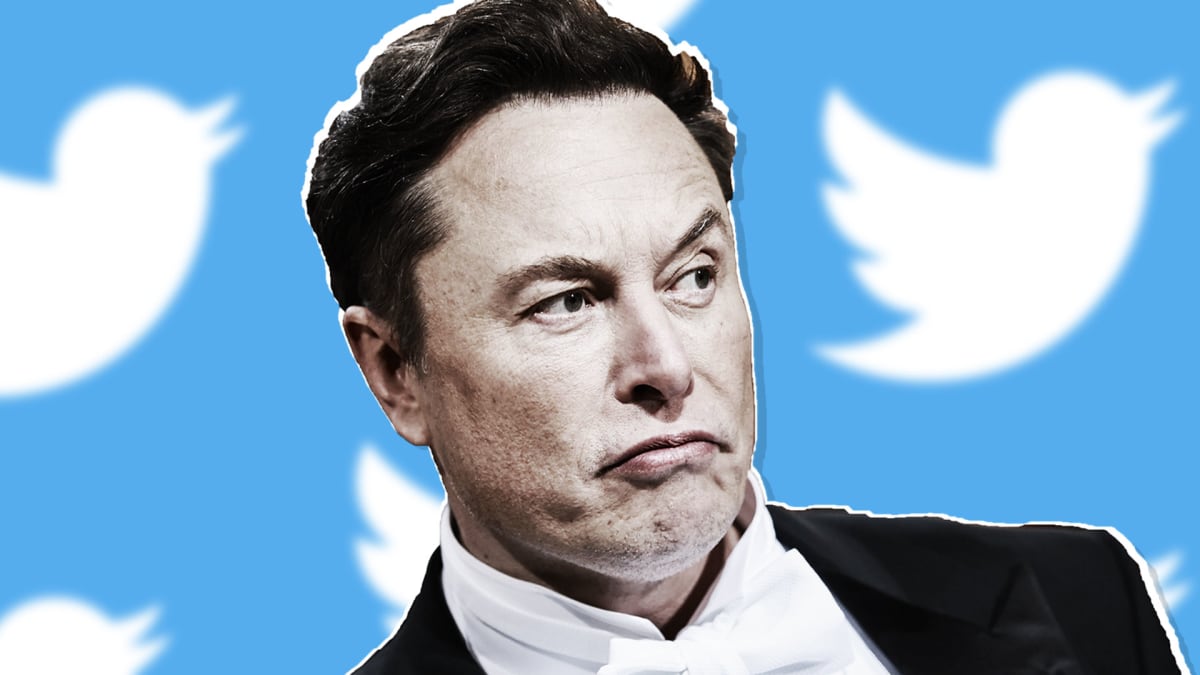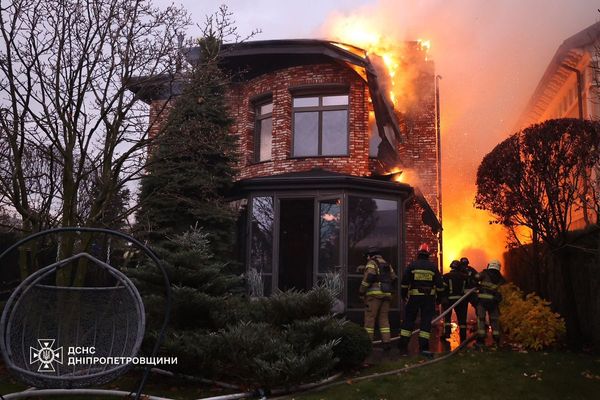
These two men have no love lost between them. They are like cat and dog and like to make fun of each other's setbacks and missteps.
Elon Musk and financier David Einhorn are each other's favorite enemy. The first is the CEO of electric vehicle manufacturer Tesla (TSLA) while the second bet on the failure of Tesla by short-selling the stock. Musk, who sees himself as a visionary wanting to change civilization as we know it today, hates short-sellers.
Musk does not like investors and financiers who bet on Tesla's stock-market collapse.
Last May, the richest man in the world attacked Bill Gates, the former richest man in the world, because the Microsoft (MSFT) co-founder had a short position of $500 million against Tesla.
Short selling stock is a bet that the stock price will drop.
"Sorry, but I cannot take your philanthropy on climate change seriously when you have a massive short position against Tesla the company doing the most to solve climate change," Musk recently wrote to Gates. It was the end of a discussion the two billionaires were having about working together for common causes.
The mogul later accompanied his criticism with an unflattering and cruel tweet aimed at Gates.
Musk and Einhorn Go Back
There is a lot of history between Musk and Einhorn dating back to 2018. In the summer of that year, Musk announced that he wanted to take Tesla private for $420 a share. He claimed that he had the financing for the transaction.
"Am considering taking Tesla private at $420. Funding secured," Musk wrote on August 7.
Tesla was on the verge of bankruptcy, as Musk would later admit, much to the delight of short sellers like Einhorn. Musk was aware that the financial problems of Tesla, which was struggling to mass-produce its entry-level Model 3 vehicle, made short sellers happy. He knew the short sellers were winning.
The billionaire did not hesitate to express his dislike for one of them, by literally having shorts delivered to Einhorn's home.
"I want to thank @elonmusk for the shorts," Einhorn posted on Twitter on August 2018 with a photo of the shorts. "He is a man of his word! They did come with some manufacturing defects. #tesla."
"Put them on & post a selfie," Musk commented.
But Tesla would climb back up and is today the sixth largest company in the world by market value. Einhorn lost his bet.
Einhorn Is Having a Big Laugh
The two men often make fun of each other. Einhorn, through his hedge-fund Greenlight Capital, continues to bet against Musk whenever he gets the chance. That's what he did in July, when he bet that Twitter would prevail when the tech tycoon withdrew his offer to acquire the platform for $44 billion.
Einhorn had bet the deal would go through at the initial price of $54.20 per share. He made the investment during the second quarter and shelled out an average of $37.24 for the stock. Einhorn said in an investor letter that if the deal closed, there would be a $17 per share reward, and if the deal fell apart, there would be an equal amount in losses.
"So we are getting 50-50 odds on something that should happen 95%+ of the time,” he wrote.
He eventually won his bet, because Musk put his offer back on the table on Oct. 4, after a legal battle with Twitter. Musk finalized the deal on Oct. 27 at a hefty price, which is a big financial win for Einhorn and other investors like the legendary Carl Icahn. Icahn had also bet that Musk would return to the negotiating table at the starting price.
Einhorn did not hesitate to celebrate his victory by trolling his favorite enemy, who has just made him a lot of money.
"Turns out the funding was secured #TWTR. Thanks, Elon, 😀" the hedge-fund manager trolled Musk on Oct. 28.
Musk has yet to respond.







